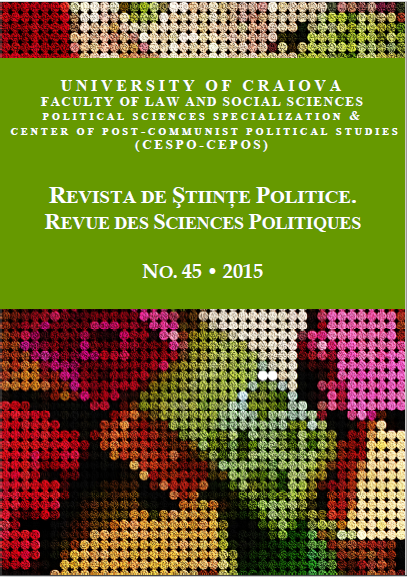Forecasting Recognition and Independence: An Intellectual Trait Analysis of di Vergano Diplomacy Effectiveness
Forecasting Recognition and Independence: An Intellectual Trait Analysis of di Vergano Diplomacy Effectiveness
Author(s): Ionuț ȘERBANSubject(s): Diplomatic history, Political history, International relations/trade, 19th Century
Published by: Editura Universitaria Craiova
Keywords: diplomacy; Italy; Romania; count Giuseppe Tornielli-Brusati di Vergano; international relations;
Summary/Abstract: After proclaiming its State Independence on May 9th 1877 and after its consecration on the battlefield in the Russo-Turkish war of 1877-1878, the Romanian diplomacy concentrated its efforts towards its international recognition. One of the most important features that gave a national state the international recognitions of its Independence was appointing a Resident Minister or an Envoy Extraordinary and Minister Plenipotentiary by the Great Powers (Germany, France, Great Britain, Italy, Austria-Hungary, Russia and the Ottoman Empire) in the newly independent country. Italy was one of the first Great Power to recognize Romania’s State Independence by sending Count Giuseppe Tornielli- Brusati di Vergano as Envoy Extraordinary and Minister Plenipotentiary to Bucharest. The diplomatic activity of Count Tornielli in Bucharest was very important for Romania, as he was a sustainer of our independence in a very difficult period, as Germany managed to convince France and Great Britain to delay the international recognitions of Romania’s independence until our country has resolved the railway problem with the German constructor company Stroussberg. As Austria-Hungary refused to mediate the conflict between Romania and Germany, the Italian diplomat in Bucharest was the one who tried to intervene in order to remediate the situation as he was facing the matter of delaying his official letters presentation to King Carol I because of the threatening attitude of Germany. On December 19th 1979, the Italian diplomat Giussepe Tornielli presented his official letters as Envoy Extraordinary and Minister Plenipotentiary to Bucharest regardless Germany’s attitude and pressures.
Journal: Revista de Științe Politice. Revue des Sciences Politiques
- Issue Year: 2015
- Issue No: 45
- Page Range: 89-98
- Page Count: 10
- Language: English

